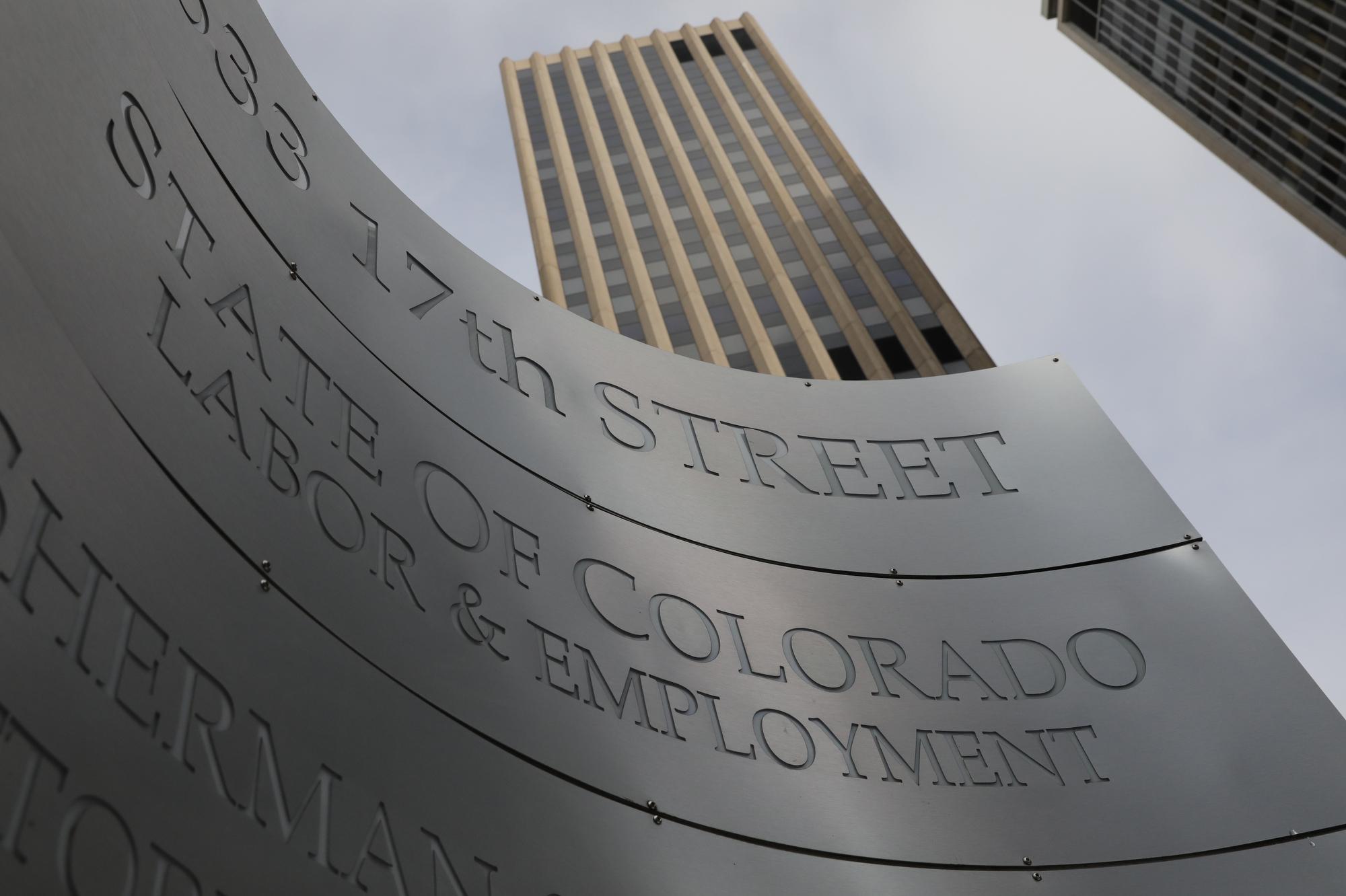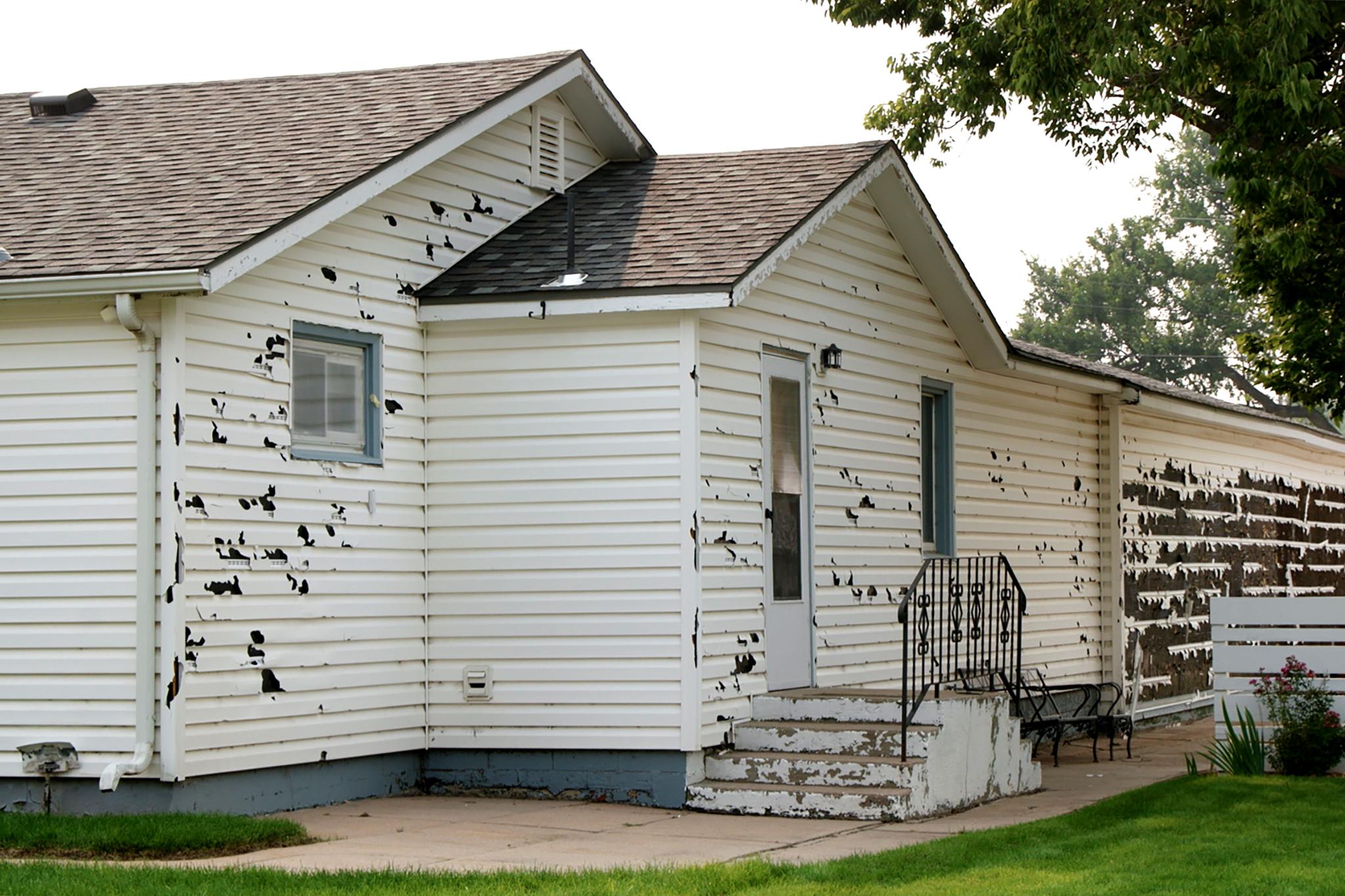
This story was produced as part of the Colorado Capitol News Alliance. It first appeared at coloradosun.com.
Updated 11:13 p.m.
A Colorado judge ruled Wednesday that the governor cannot force a state employee to turn over the personal information of sponsors of unaccompanied immigrant children to federal immigration officials.
Denver District Court Judge A. Bruce Jones said in issuing a preliminary injunction that Gov. Jared Polis’ plan to have a division of the state labor department turn over information of about 35 Coloradans to U.S. Immigration and Customs Enforcement in response to a subpoena from the agency would violate state laws meant to protect immigrants’ data.
The state laws, signed by Polis in 2021 and 2025, prevent Colorado officials from sharing Coloradans’ personal information with ICE unless it is being used for a criminal investigation.
The subpoena, Jones said, does not meet the law’s exception that allows the state to share information with immigration officials to aid criminal investigations. But Jones stopped short of prohibiting the governor from finding another way to comply with a subpoena.
“I will not go broader than that,” Jones said. “I will not enjoin the governor from otherwise responding to this subpoena if that’s what he wants to do.”
The limited ruling is still a blow to Polis, who has been blasted by fellow Democrats for trying to comply with the subpoena. Two state lawmakers — Sens. Mike Weissman and Julie Gonzales, both Democrats — testified against him in court this week.
In May, Polis decided to comply with the subpoena from ICE, which was received by the state’s labor department in April seeking information about the sponsors. But Scott Moss, the director of Colorado’s Division of Labor Standards and Statistics, sued the governor earlier this month to try to block the disclosure from happening, citing the state laws.
Moss argues ICE wants the information to try to locate and deport the minors.
“The statute is about the personal, private information of immigrants and those who work with immigrants,” he said. “If that promise is broken, then the state cannot be trusted. If there’s a desire to turn over this information, then Gov. Polis and the legislature need to amend the law, rather than violate first and amend later.”
Jones’ ruling Wednesday applies only to Moss and the employees he supervises.
Polis’ spokesperson and lawyer insist that ICE needs the information for a criminal investigation into child abuse, but his team has not pointed to any alleged crimes committed by the sponsors, who are adults vetted by the federal government to care for unaccompanied immigrant children while their cases play out.
Once Moss sued, Polis agreed to hold off on sending ICE the information until a court ruled in the case. Polis spokesperson Shelby Wieman said the governor’s office is reviewing the ruling to determine its next steps.
“We hope if information is needed for criminal investigations, that going forward (Homeland Security Investigations) will provide subpoenas for state information consistent with this ruling,” she said in a statement.
Moss’ boss, Joe Barela, the executive director of the Colorado Department of Labor and Employment, told the judge during three days of testimony this week that he is not aware of evidence that the children aren’t being properly cared for or of an active criminal investigation into their well-being.
ICE is seeking state wage reports, employer contact information, unemployment benefit filings, family and medical leave records, as well as addresses, telephone numbers and emails, for the 35 adults.
“This isn’t a criminal investigation at all,” Moss’ lawyer, Laura Wolf, told the judge. “It’s essentially a fishing expedition.”
The governor’s about-face
ICE sent the subpoena at issue in the legal case on April 24, seeking personal information about the 35 sponsors from the labor department and gave the state until May 26 to comply.
The subpoena is titled “Immigration Enforcement Subpoena” and says the feds want the information to locate the unaccompanied children to ensure they aren’t being exploited.
At first, the governor’s office decided against complying with the subpoena, Barela, the head of the state’s labor department, said.
In an April 29 meeting between Barela’s staff, Moss and representatives from the governor’s and attorney general’s office, Moss said everyone agreed not to give ICE the information.
Moss reassured his staff, some of whom he said were concerned about complying, that they would not be producing the records.
But by late May, the governor had changed his mind.
On May 23, Barela said he received a call from Jesse Marks, the governor’s director of operations and cabinet affairs, who said that the labor department should produce the records.
That same day, Polis signed Senate Bill 276 into law, preventing state or local government officials from sharing information with ICE except in criminal investigations.
On May 27, Barela told Moss about the governor’s reversal, and, according to Moss, called the decision to comply with the subpoena “a disaster.”
“(Barela) said that the governor didn’t want to be accused of not helping ICE prevent any harms that might be happening to any children,” Moss said. “(Barela) said that the governor, and I remember this word, thought that … the criminal exception gave him cover.”
On June 2, Moss and Barela met with Kara Veitch, Polis’ chief legal counsel, and Marks, the governor’s operations chief, Moss said, so that Moss could voice his objections to complying with the subpoena. Veitch said the state would be complying, Moss recounted, but told Moss that she didn’t disagree with him.
At Tuesday’s hearing, Wolf, Moss’ lawyer, asked him: “Have you heard a statement from anyone besides the governor’s office describing their intent as being eager to produce documents in response to the subpoena?”
“Just the governor,” Moss said.
Not the first time Colorado has handed over employment info to ICE, labor director said
This is not the first time the state labor department has received a subpoena from ICE, according to Barela, who told the court he believes the department received another subpoena from the feds in March and responded to it.
Wieman, the governor’s spokesperson, declined to comment about the March subpoena referenced by Barela and the Polis administration’s response.
The Colorado Sun submitted a public records request for all ICE subpoenas received by Colorado agencies under Polis’ direction since January and has not yet received a response.
Moss said that he is not aware of any ICE subpoenas received by the labor department during his entire six–year tenure before the one received April 24.
Moss said, however, that his office has worked with ICE in the past.
Recently, ICE referred evidence of wage theft to Moss’ office that agents encountered as part of their immigration enforcement activities, he said.
If ICE had evidence of problems involving children, “an appropriate state or local agency should get on that just like we would get on a wage theft referral from ICE,” Moss said.
Barela and Moss said they are not aware of any state law enforcement agency or the state’s health and human services agency being involved in locating the unaccompanied immigrant children for welfare checks.
Moss, who continues to work in the state’s labor department, celebrated Wednesday’s ruling.
“This ruling confirms that the state’s laws and promises to Coloradans still hold that when ICE comes, the state isn’t going to just stop, collaborate and listen,” he said. “It is going to respect the law, keep its promises and serve the people of Colorado, not ICE.”

Colorado Capitol Alliance
This story was produced by the Capitol News Alliance, a collaboration between KUNC News, Colorado Public Radio, Rocky Mountain PBS, and The Colorado Sun, and shared with Rocky Mountain Community Radio and other news organizations across the state. Funding for the Alliance is provided in part by the Corporation for Public Broadcasting.









